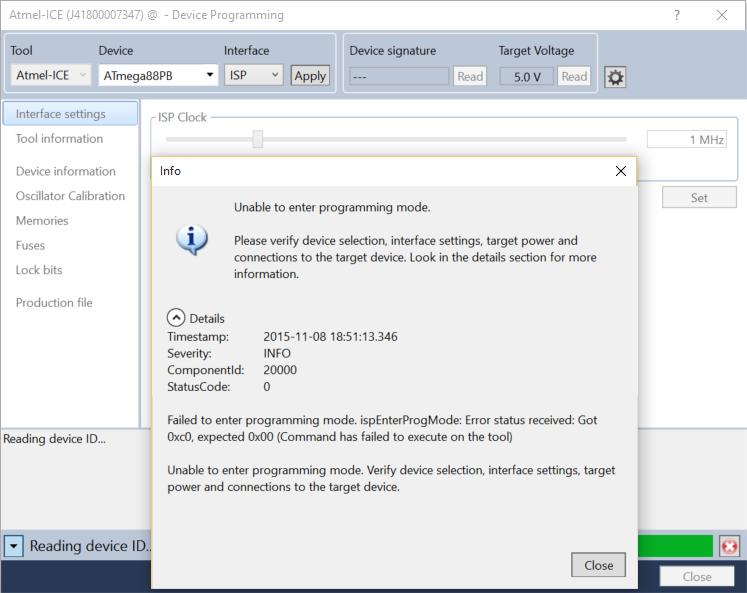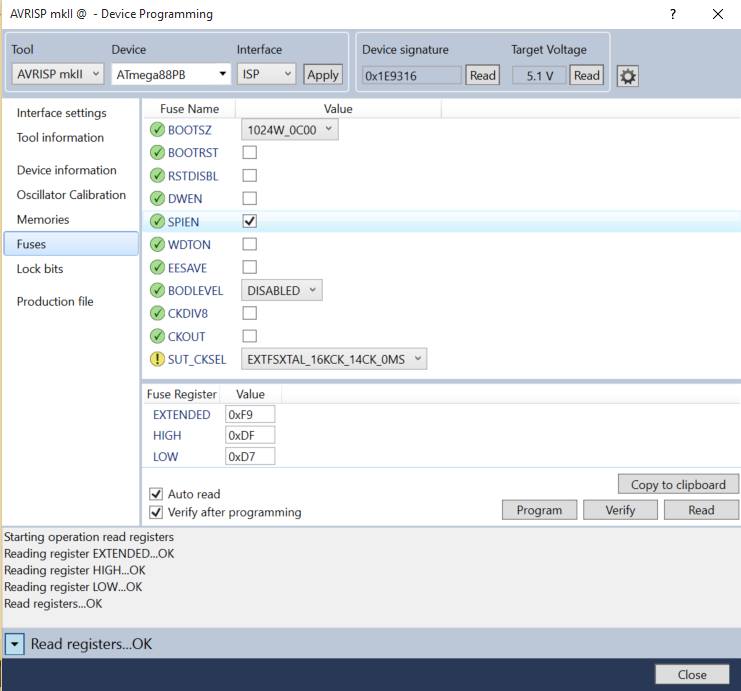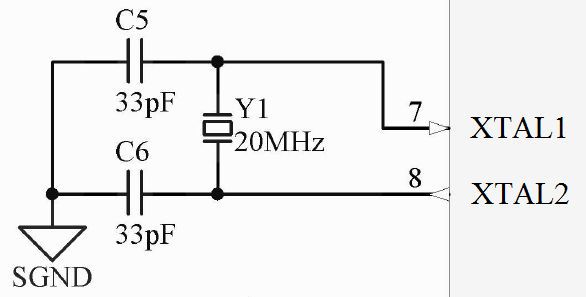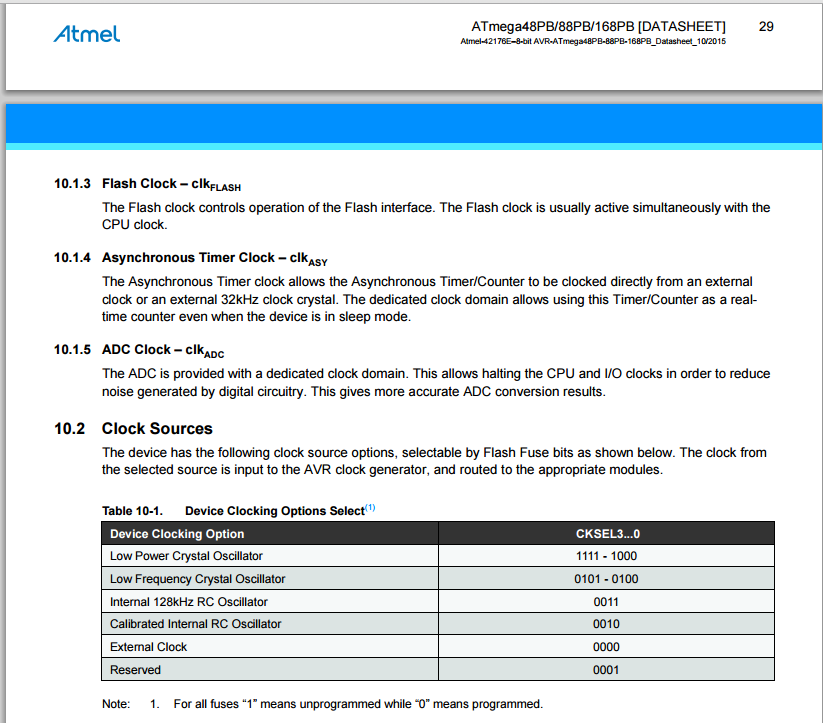I have an ATMega88PB on a PCB which won't enter programming mode after changing the fuse settings to EXTFSXTAL_16KCK_14CK_0MS. Prior to this, the AVRISP MkII was able to communicate with the microcontroller (I've since switched to an Atmel ICE which still isn't able to communicate).

In case there are any doubts that I have changed other fuse settings incorrectly, here is a screenshot of the fuses prior to programming.

I find this confusing because the oscillator appears to be running fine - if I had programmed the incorrect fuse setting (e.g. ext clk) then I would expect the oscillator to be disabled to save power. As you can see this isn't the case, with the oscillator running just slightly under 20MHz.
Here is the schematic for the oscillator circuit:

I've tried programming the device at every available speed and still haven't had any luck. I also tried feeding in a clock signal from a working AVR's CLK0 pin unsuccessfully, and have tried 18pF load capacitors in place of the 33pF indicated in the schematic.
What else can I try to get this microcontroller running again?



